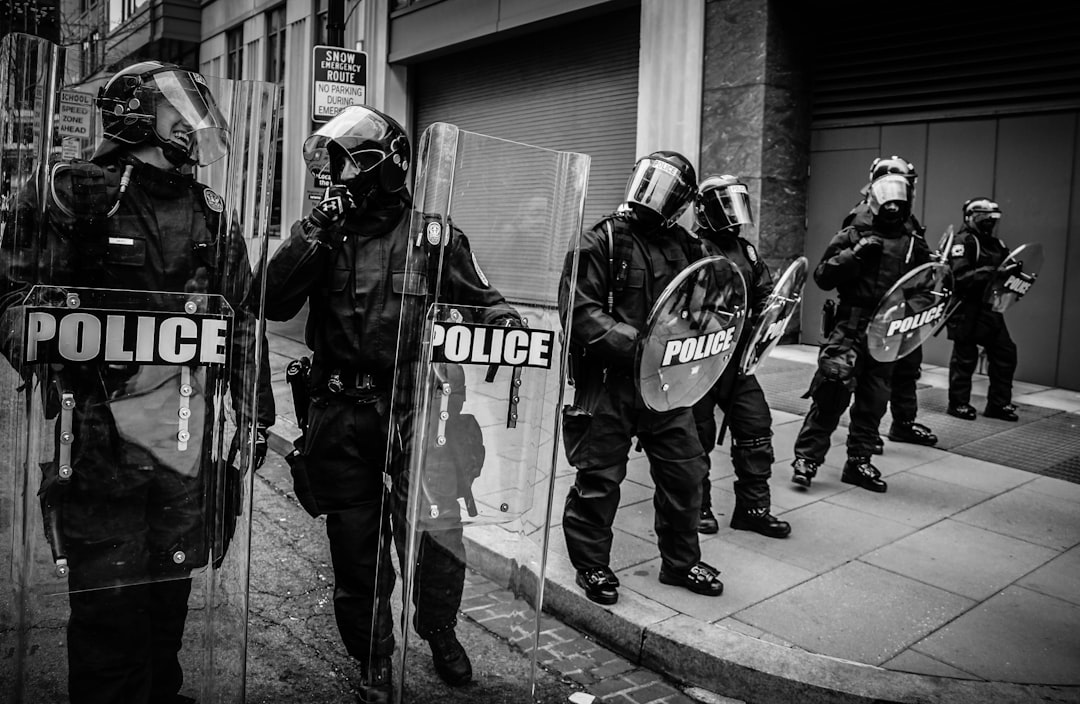It seems that every few years emerges a new trend, a new flavor of criticism for police officers and/or police procedure that the media and Dishonest Critics focus on in suspicious unison. Years ago the “problem” was the use of TASERS1, then “Excited Delirium”, eventually “choke holds” had their turn, and most recently the focus has shifted to No Knock…
Keep reading with a 7-day free trial
Subscribe to Police Law Newsletter to keep reading this post and get 7 days of free access to the full post archives.



